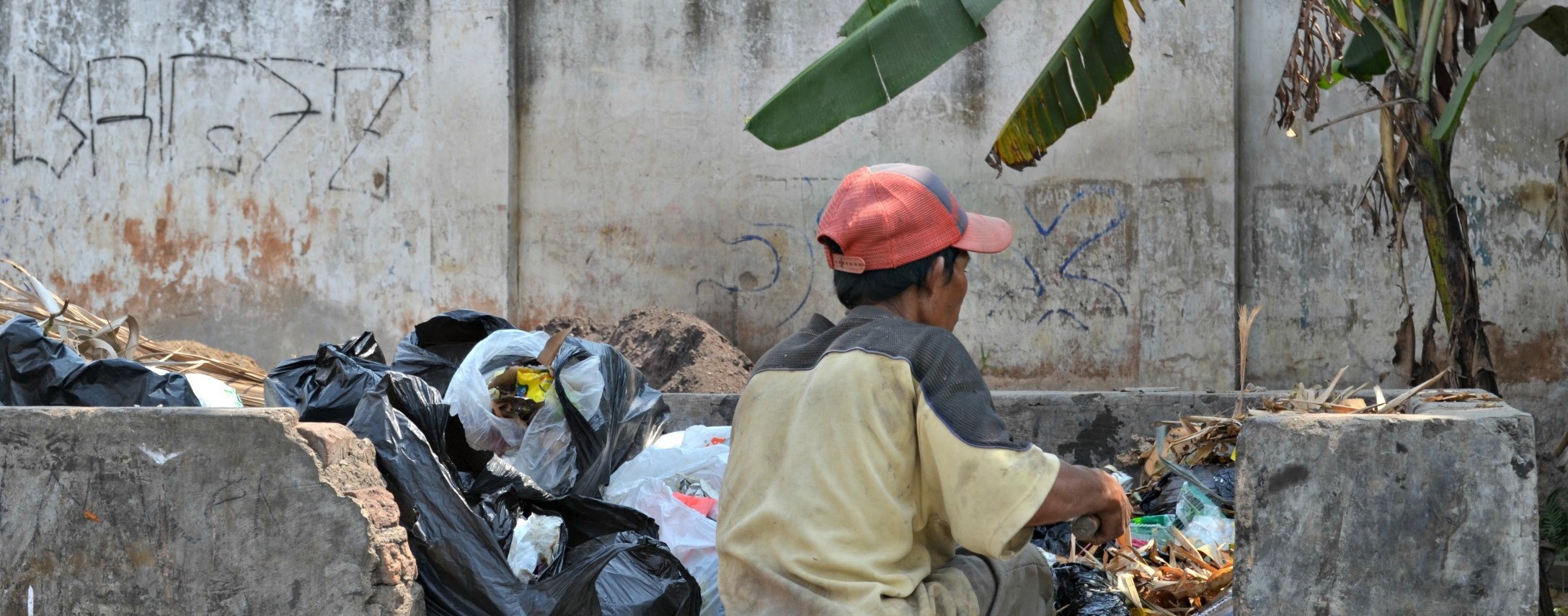
Many people ask why I remain so interested in the good fortune of Indonesia. Some people even say that I’m obsessed with it. Few people, however, get to see hard core poverty face to face. We can all say that we are aware of the problem, but few of us engage directly with a family living in poverty. There is a sense of scale that doesn’t quite translate when we simply read about the problem of poverty. Living in Australia, there are of course people living in poverty, and they have great needs. To some extent, the needs of indigenous Australians living in the remote parts of Australia are of such severity that it would relatively easy to look to Australia’s indigenous problem before taking the time to glance over the ocean at our nearest neighbour and see poverty in Indonesia.
For my part, the challenge is not to take an “either / or” view – but rather that we need to address both Australia’s poverty and Indonesia’s at the same time. Perhaps in that sense – the idea that poverty occurs in Indonesia on a grander scale is a tough thing to grapple with. In 2015, there are over 30 million Indonesians living on less than $28 a month. They work for less than a dollar a day. In countries like Australia of course, our poorest people are eligible for a range of social welfare assistance, from unemployment benefits, to travel concessions, to free health care in modern public hospitals.
However, the story in Indonesia is far from similar. The people living as Indonesia’s 30 million poorest folk have nothing like the Australian social welfare safety net to help them out. Indonesians living in poverty can survive on a dollar day. They can survive, that is, until they get sick, or until a family member dies. They can survive by working in dangerous and toxic conditions, exposing themselves to health risks that take their toll over the course of a worker’s life. They can survive by living away from their families, their children, and their communities.
The need to lift people out of poverty therefore, is so much more than passing on donations. Repairing poverty is about finding sustainable opportunities for Indonesians so that they can build up a business, or open a small shop, or make something to sell that will give them more than just the food they need to survive. True poverty healing goes beyond the giving of money. It requires finding ways and means for people to explore their own business visions and giving them enough assistance to start their better developed journeys. Will there be some that falter and fail? Undoubtedly. But the value of an interest free micro loan from Bamboo is not a guarantee of a calculated handout to the next level, it is the empowerment of individuals and their families to build themselves a better future with dignity and passion.
Bamboo Micro Credit. Its not a hand out… it’s a hand up.
About the Author.
David Cook is an Indonesianist, a technologist and an academic interested in poverty, social justice, CSR and Human Computer Interaction. He is a Director of Bamboo Micro Credit.